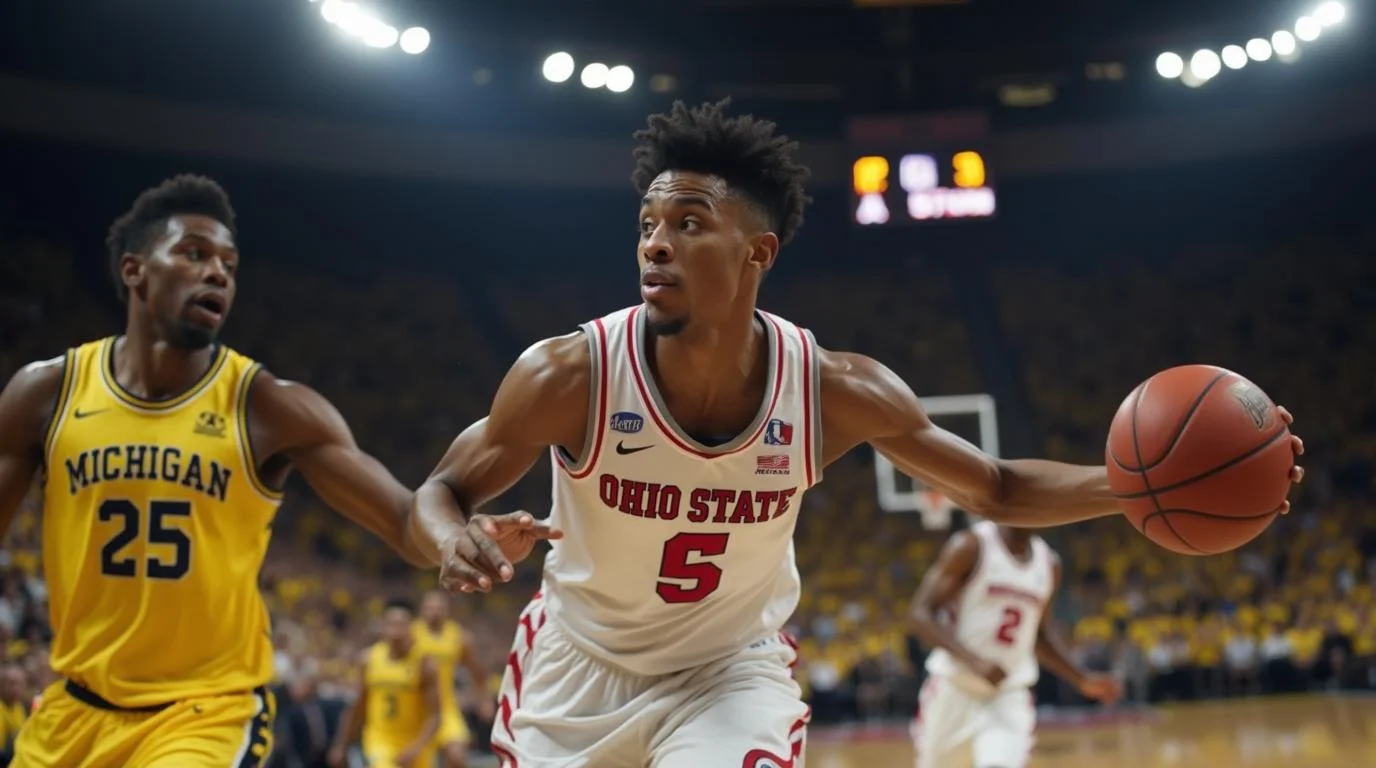Kalshi Sues Nevada Gaming Control Board and New Jersey DGE in Response to C&D Orders

1.0
Default
Mere days and weeks after receiving a cease and desist order from New Jersey and Nevada, Kalshi fights back with a lawsuit directed against both states. Kalshi requested a temporary restraining order in the District of Nevada to prevent the enforcement of the cease & desist letter, and there is a lawsuit pending in New Jersey as well.
Kalshi, the well-known prediction market platform, has taken legal action against the New Jersey Department of Gaming Enforcement and the Nevada Gaming Control Board following cease-and-desist orders issued this month. The lawsuits, filed late Friday, challenge state regulators' attempts to block Kalshi from operating its sports event trading markets.
The company has also requested a temporary restraining order for the District of Nevada to prevent the enforcement of Nevada's cease & desist order. However, at the time of publication, it was confirmed that a lawsuit has been filed in the US District Court for the District of New Jersey, naming Interim Director Mary Jo Flaherty as the main defendant.
Kalshi's legal argument
New Jersey and Nevada regulators claim that Kalshi's sports event trading markets are illegal in their jurisdictions. Kalshi, which operates these markets nationwide, argues that state regulators are overstepping their authority. The company contends that Nevada is "unconstitutionally threatening to prohibit all trading of Plaintiff KalshiEX LLC's event-based contracts in Nevada."
Kalsh's filings emphasize that its platform operates under federal oversight, specifically the Commodity Futures Trading Commission. According to Kalshi, the NGCB's shot at regulating trading on a federally regulated exchange is preempted by federal law. The lawsuit asserts:
"This action challenges the state of Nevada's intrusion into the federal government's 'exclusive' authority to regulate futures derivatives trading on exchanges overseen by the Commodity Futures Trading Commission. Two Nevada agencies are seeking to prevent Plaintiff KalshiEX LLC ('Kalshi') from offering certain event contracts for trading on its federally regulated exchange. Nevada's attempt to regulate Kalshi intrudes upon the federal regulatory framework that Congress established for regulating futures derivatives on designated exchanges."
The company is seeking both a preliminary and permanent injunction, as well as declaratory relief.
Timeline and overview
Kalshi's dispute with regulators comes after a series of key developments:
- October 2024: Kalshi began providing prediction markets for the elections in the US after winning a federal court case against the CFTC.
- January 2025: The platform launched sports event trading, allowing users to bet on outcomes of sporting events.
- March 4, 2025: The NGCB issued a cease-and-desist order against Kalshi.
- March 14, 2025: Kalshi requested and received an extension to respond to Nevada's order.
- March 2025: Kalshi launched single-game betting for college basketball and announced a collaboration with Robinhood to facilitate trading in these markets.
- March 27, 2025: The NJDGE issued a similar cease-and-desist order, requiring Kalshi to respond by midnight.
- March 28, 2025: Robinhood ceased offering Kalshi's college basketball markets in New Jersey.
Kalshi's call for immediate relief
In its complaint, Kalshi warns that enforcement of the C&D orders would cause severe financial and reputational harm. The company argues that its compliance with state regulators would result in:
Massive economic losses
Significant harm to users with existing investments
Potential risk to its federal registration
Erosion of public confidence in its platform
The company also points out that the Commodity Exchange Act grants the CFTC 'exclusive' authority over futures trading on registered exchanges. Kalshi states:
"The CEA explicitly and unambiguously delegates the 'exclusive' power to oversee, approve, and regulate futures trading on registered exchanges to a federal agency - the CFTC. In establishing a comprehensive federal framework for regulating commodity futures trading, Congress sought to prevent the 'chaos' that would result from subjecting futures trading to a patchwork of conflicting state laws."
Federal vs. state jurisdiction
In addition, Kalshi argues that Nevada and New Jersey lack authority to regulate its platform under federal law. The company notes that the CFTC has yet to take action against its sports event contracts, even though the regulator is reviewing similar offerings from NADEX/crypto.com.
Kalshi claims that unless the CFTC explicitly determines that its contracts violate federal or state law, they remain authorized. The company also reveals that it has approximately 10,000 Nevada users, further highlighting the impact of a potential shutdown.
A court ruling in favor of Kalshi may reinforce the primacy of federal regulations in futures trading, while a decision supporting state regulators could force the company to alter its operations. For now, Kalshi continues to push for judicial intervention to prevent enforcement of the cease-and-desist orders, arguing that the integrity of federally regulated markets is at stake.








_800x800.webp)











